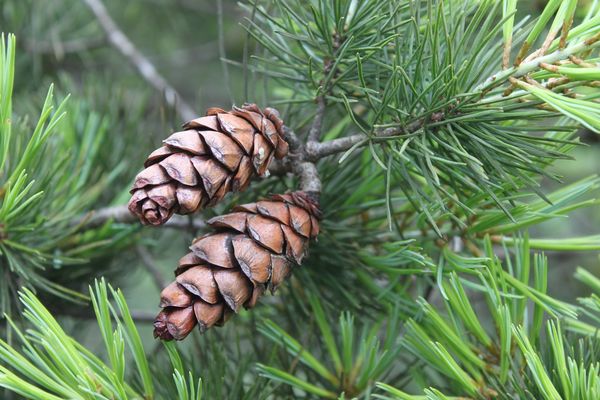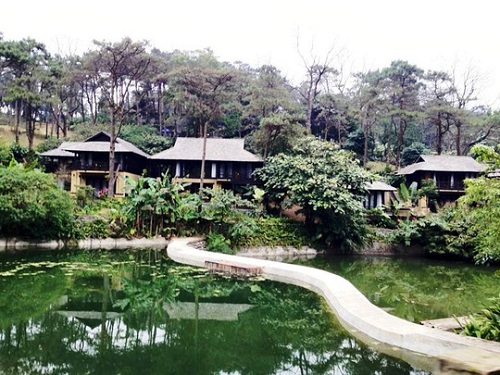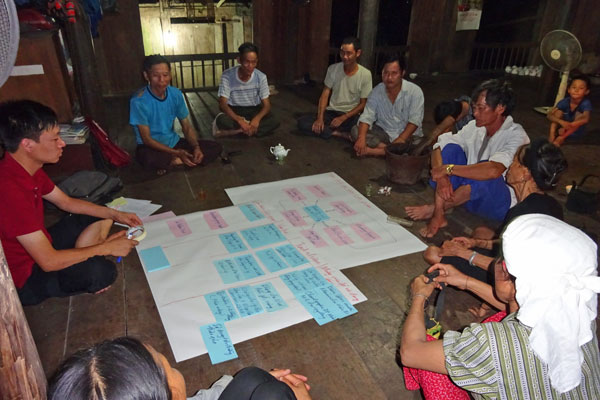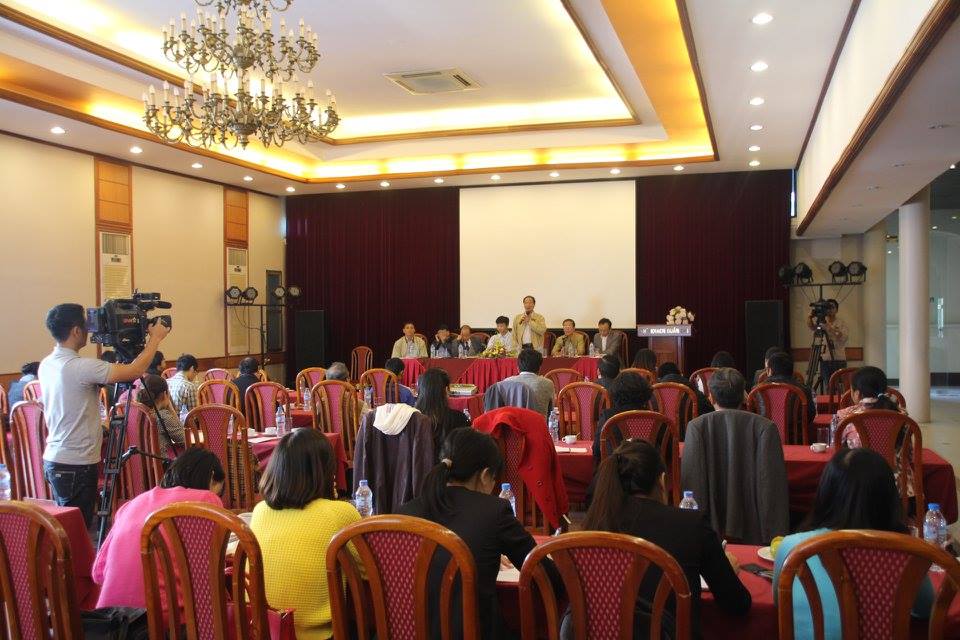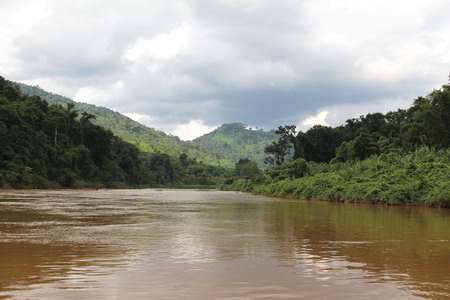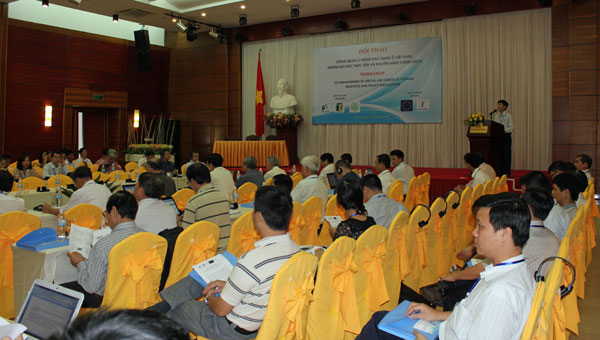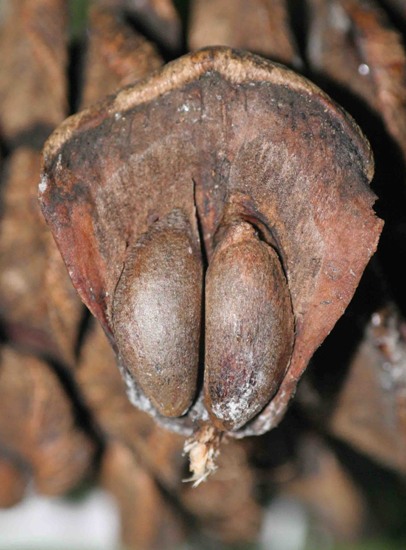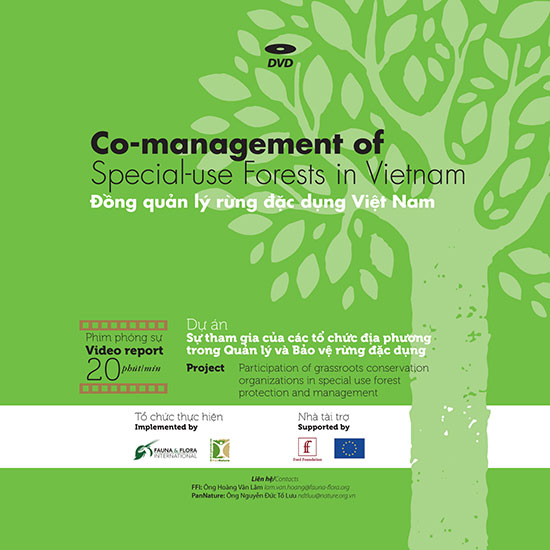The review of native conifers of Vietnam 2017
The review recorded Pinus armandii subsp.xuanhaensis as a new conifer observed in Vietnam. Pinus armandii subsp.xuanhaensis was discovered and collected samples in Xuan Nha Nature Reserve (Son La province) by the research team of People and Nature Reconciliation (PanNature) in the implementation of the project: "Conservation and development conifer tree species in Xuan Nha Nature Reserve" supported by the Rufford Small Grants. According to field survey results of PanNature’s team, this species currently has a population of about 200 trees, distributes in/covers an area of about 80 km2. Together with Prof. Phan Ke Loc, PanNature’s research team has collected, described, classified and announced this unique new conifer of Vietnam.

